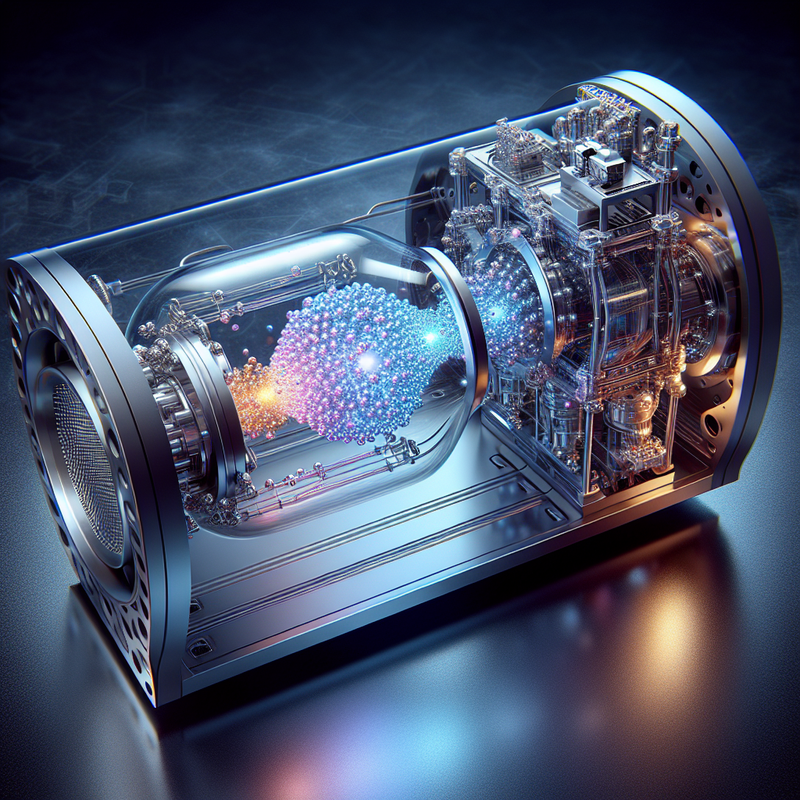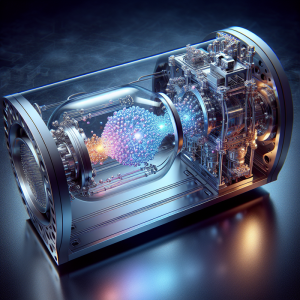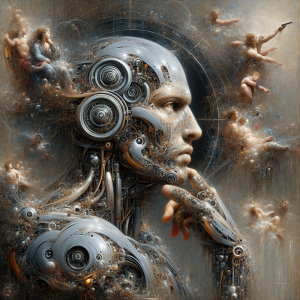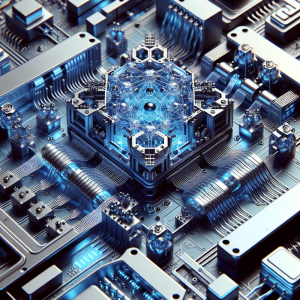Engineers and Scientists Unveil Revolutionary Quantum Engine Propelled by the Wonders of Quantum Particles
In a remarkable breakthrough, scientists have introduced a revolutionary type of engine that operates on a set of principles divergent from the classical mechanics we’re accustomed to—eschewing any need for combustion or thermal energy. This engine uniquely taps into the behavior of quantum particles to function.
At the heart of this breakthrough is quantum mechanics, which delves into phenomena at the minuscule scale, dealing with atoms, molecules, and subatomic entities that do not obey the classical rules recognizable in our everyday surroundings. This field of physics is the building block for novel technological marvels, among which is the newly conceptualized quantum engine, as detailed by a consortium of international physicists in the prestigious journal Nature.
Taking Power Generation to the Next Quantum Level
Defying conventional engines dictated by combustion processes, this avant-garde power generator obtains motion from the shifting quantum states, specifically through the transformation of quantum fermion particles into bosons and vice versa. Prof. Thomas Busch from the Quantum Systems Unit clarifies, “To morph fermions into bosons, one could combine two fermions to create a molecule that is, in fact, a boson. This process, when performed in a cycle, can drive the engine with no reliance on heat.”
A collaborative endeavor involving physicists from the Okinawa Institute of Science and Technology, University of Kaiserslautern-Landau, and University of Stuttgart resulted in the creation of this unique engine inspired by a phenomenon that even the great Albert Einstein found perplexing. Laboratory experiments have revealed that the efficiency of this quantum engine can reach 25%—a promising rate for such novel technology.
Navigating Challenges of Heat for Quantum Technologies
Quantum systems have an inherent sensitivity to thermal variations, requiring extremely cold conditions to operate effectively. Despite this susceptibility, these state-of-the-art engines circumvent the traditional reliance on heat and combustion, thereby presenting a promising avenue for energy capture from quantum materials.
While the current findings demonstrate a high degree of efficiency, deploying the quantum engine in everyday applications remains on the horizon, with hurdles yet to be overcome. Keerthy Menon, a contributing researcher, appears to temper expectations by noting that the stage of development is still within the ‘proof-of-concept’ phase.
This scientific innovation defies the traditional paradigm of energy and power production, hinting at the potential dawn of a new era where sources of energy are derived from the intrinsic properties of quantum mechanics. Researchers continue their journey to unravel the mysteries of quantum engines, striving to integrate these mechanisms into practical devices such as batteries or sensors, thus potentially revolutionizing our technological world with this emerging quantum engine and entanglement technologies.
























